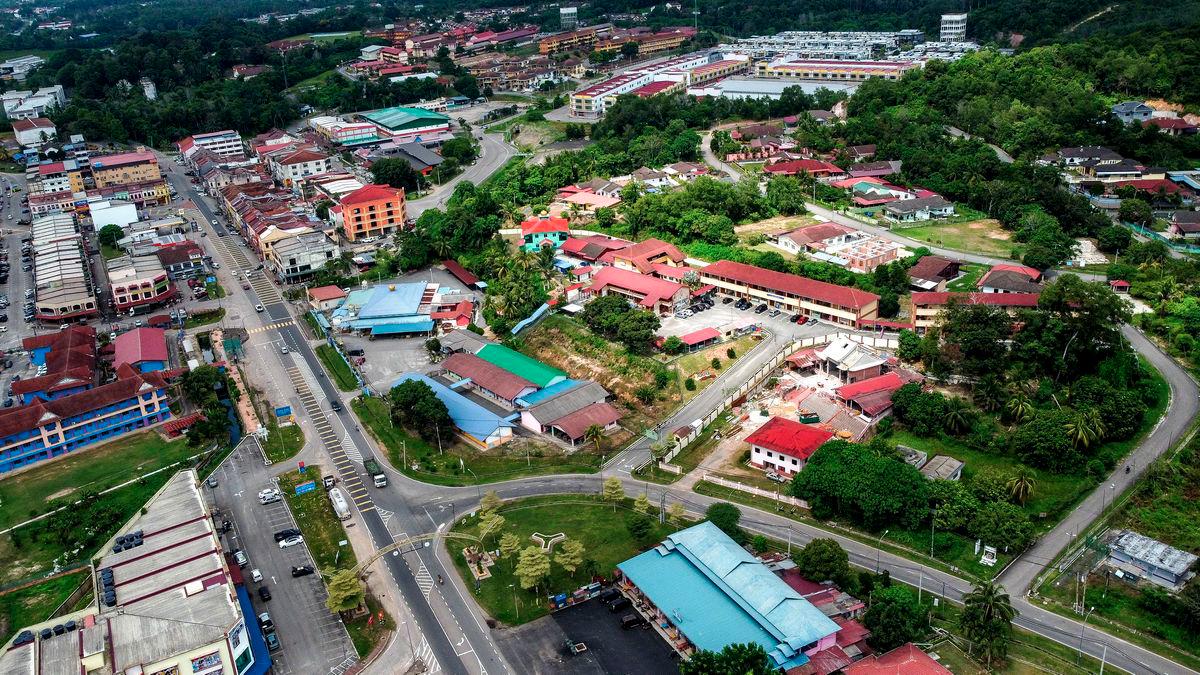THE proposed Urban Renewal Bill, tabled in Parliament, has the potential to reshape our cities and towns for future generations.
If done right, it can revitalise neglected urban areas, spur economic growth and improve the quality of life for residents.
However, the law must strike a fair balance between the interests of all stakeholders – landowners, tenants, developers and the government.
Key principles that should guide this bill include:
1. Fairness to landowners and tenants
- Landowners should receive fair and transparent compensation when their properties are acquired for redevelopment.
- Tenants, many of whom have lived in these areas for decades, must also be fairly treated. Their rights, livelihoods and access to affordable housing should not be sacrificed in the name of development.
2. Transparency and accountability
- All redevelopment proposals must be assessed through an open and transparent process.
- Clear criteria should be established to evaluate whether a project genuinely benefits the community, rather than only serving narrow commercial interests.
- Public consultation should be made mandatory so that the voices of affected residents are heard before decisions are finalised.
3. Fair compensation mechanisms
- Compensation packages should not only cover monetary value but also provide options for resettlement, relocation assistance
or priority access to new housing within the redeveloped project.
- Affected small businesses and traders should be offered relocation plans and assistance to continue their operations.
4. Sustainability and inclusivity
- Urban renewal must align with sustainable development goals – incorporating green spaces, public amenities and affordable housing.
- Redevelopment should not result in gentrification that forces out
long-term residents. Instead, it must create inclusive neighbourhoods where diverse groups can continue to live and thrive.
5. Independent oversight
- An independent body should
be established to oversee the implementation of the Urban Renewal Act, to ensure fairness, prevent abuse of power and maintain public trust.
In conclusion, urban renewal should not merely be about buildings; it must be about people.
The new law must embody fairness, transparency and inclusivity, ensuring that redevelopment is truly a win-win outcome for all.
Tan Sri Lee Lam Thye
Kuala Lumpur









